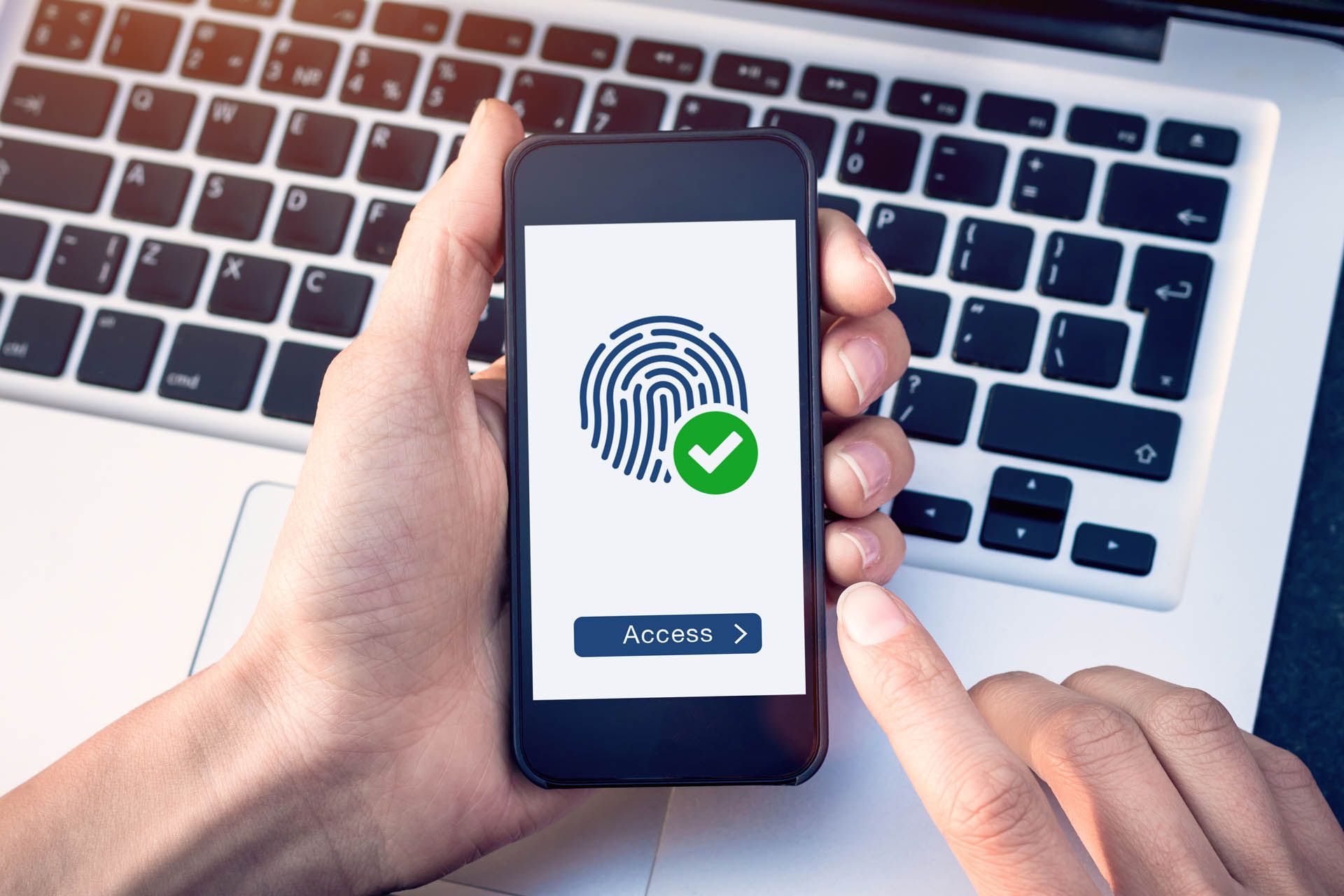Consumer Trust is Key in Digital Banking
AS THE BANKING INDUSTRY accelerates digital innovations for better efficiencies, online fraud continues to chip away at consumer trust. Modern conveniences in digital banking, digital payments and online account activities are on the rise, but there remain opportunities for financial organizations to strengthen trust and connectivity as the global marketplace moves toward being more consumer-centric.
It starts with banks leveraging the right consumer data at the right time to make the right decisions.
“A lot of the challenges are a direct result of banks’ inability to take consumer data that they have or should have and leverage it to make a friction-free environment for customers,” said Brad Wiskirchen, senior vice president and general manager of Kount, an Equifax company. “So, the result is a lack of trust by the end consumer not being able to get transactions authorized. That increased friction results in, for example, the bank’s cards being pushed to the back of the wallet and other cards moving up front.”
Speed of data
What’s critical in this era of greater consumer control and convenience, is banks and other institutions having speed of data to meet increased, complex demands.
“Sometimes financial institutions can have information, but don’t have it accessible in real time,” said Mark Luber, chief product officer at Equifax. “Lack of current, actionable data can look like an institution is out of touch, unaware of important life changes for their customers, or where that consumer is at any moment in time. Speed of data matters because, of course, for the person everything happens in real time, and we have to get the data to match those experiences to optimize consumer trust.”
Establishing digital trust
With the evolution of the Internet of Things (IoT), a singular security breach can negatively impact client trust. “A recent consumer survey showed that cyber attacks and fraud are the No. 2 reason why customers would leave their bank, so it is a major concern,” said Luber.
“Increasing digital security with leading technologies, and being transparent with customers help build relationships,” he said. It’s not only the threat of financial loss that keeps executives up at night when it comes to cyber attacks; it’s also risks to brand reputation and consumer loyalty.
When consumers share personal information with banks through online channels, the expectation is that data will be secure, and used primarily for making daily routines and transactions more personal, easier and faster. Deviance from security protocols, such as not verifying login credentials on an unknown system, could be considered a violation of digital trust.
‘Find the right balance’
Kount recently sponsored a study by Javelin Research, showing that 42% of businesses think digital fraud slows innovation and expansion. As banks, in particular, invest in features and functionality, many times those innovations can run ahead of their ability to manage fraud, which can result in financial loss, said Wiskirchen. On the other hand, an overly cautious approach with too much concentration on risk avoidance can lead to innovation stagnation that can drive customer attrition.
“You’ve got to find the right balance,” said Wiskirchen. “Retailers have historically done a better job of finding that balance, and financial institutions can learn from retailers and e-commerce participants. The right balance is bringing together the e-commerce teams, the revenue-generation teams and the fraud-control teams right out of the shoot.”
Leverage key data solutions
What’s the best way to build digital trust? There’s not an easy answer, but when done the right way, banks can strengthen relationships with consumers while still protecting the business and clients from potential risks. Converging new technologies and digital transformation with streamlined, personal customer engagement must remain top of mind.
Like any relationship, building trust has to be a two-way street - banks must be able to trust that consumer data provided is factual and up-to-date. For their part, financial centers must leverage the right data solutions, such as Kount’s Identity Trust Global Network™, to make sound decisions with better confidence. Customized data solutions can help banks create access to credit for their customers, enable financial equity and inclusion, and build consumer trust.
